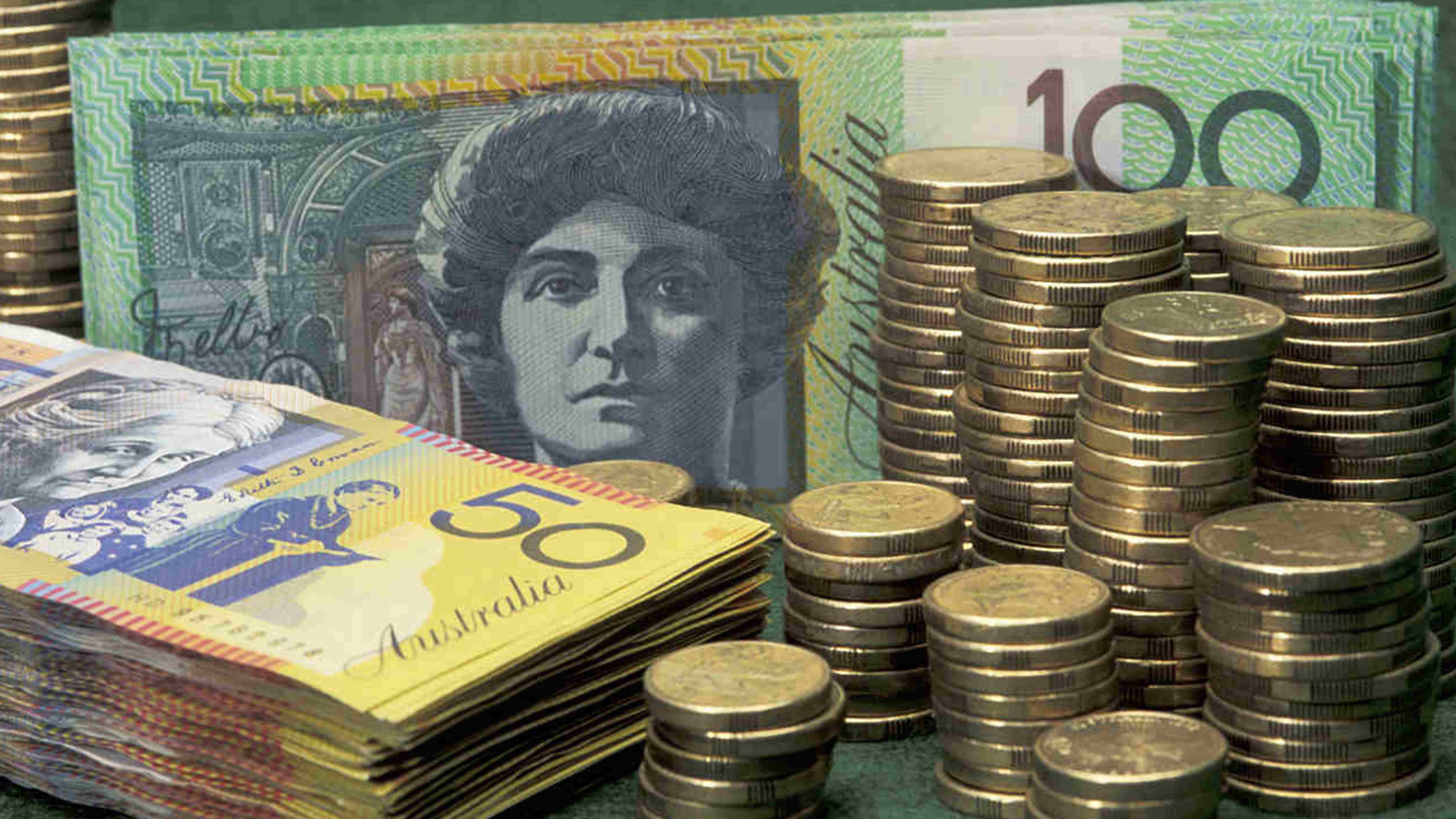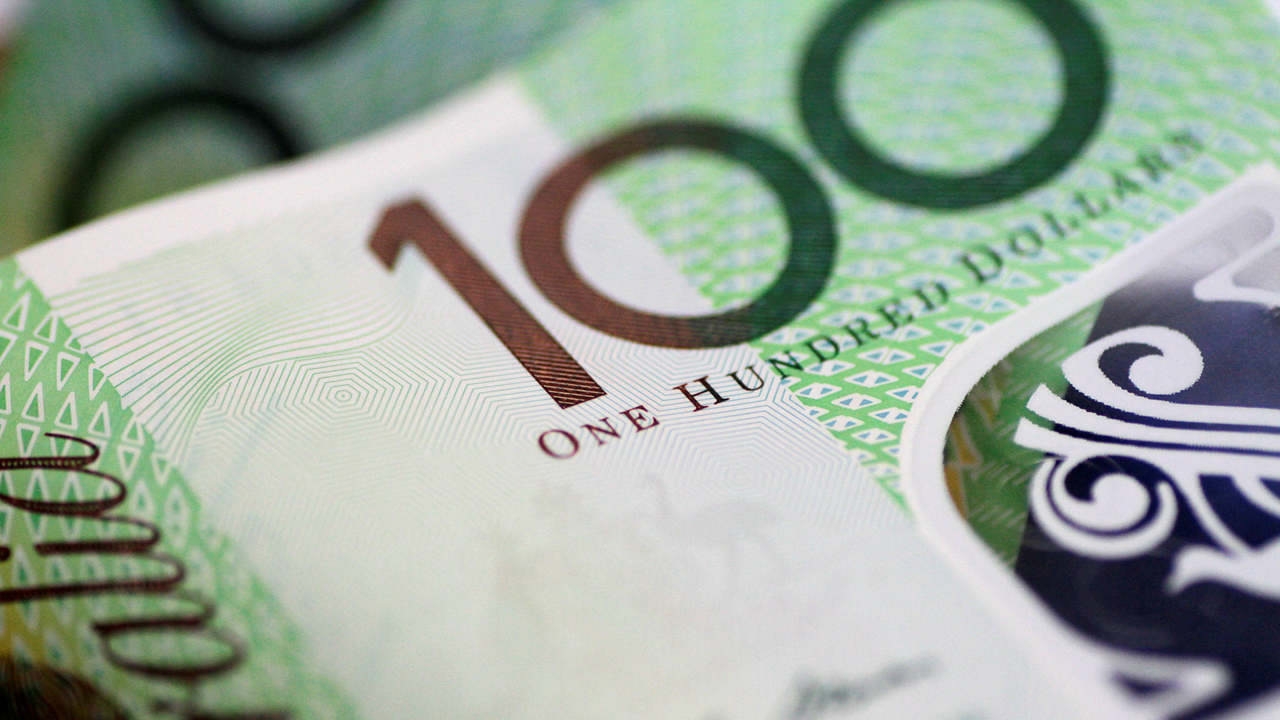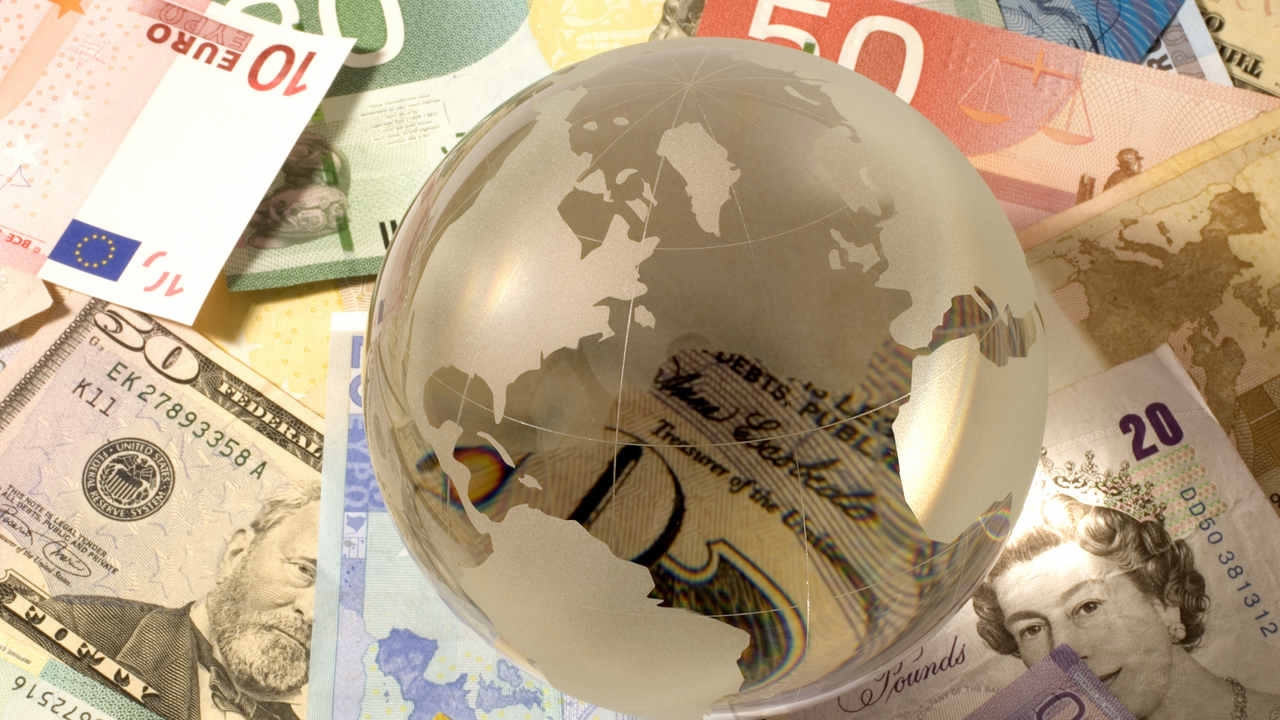
Business
20:57, 03-Oct-2017
Reserve Bank of Australia decides to keep interest rates unchanged
By CGTN’s Greg Navarro

Reserve Bank of Australia (RBA) is facing a dilemma over what to do with the nation’s interest rates. That’s because the Australian dollar has risen steadily during the past few months, higher than the RBA would like to see. That has produced some winners and losers in the country’s economy.
Australia's interest rate is currently at 1.5 percent, and the RBA has decided to leave the nation’s interest rate alone for the 14th straight month.
“The Reserve Bank has been very consistent in talking about the strength of the Australian dollar and how a lower Australian dollar would help the transition in the Australian economy," said Michael McCarthy, the Chief Market Strategist at CMC Markets – a financial institution. "So the RBA regularly expresses concern should the Aussie dollar rise higher,” he added.

VCG Photo
VCG Photo
Experts say cutting the country’s interest rate could push the Australian dollar lower, but past cuts have overstimulated parts of the housing industry – the “loser” without a doubt. According to the Australian Bureau of Statistics (ABS), house prices in Sydney have risen about 60 percent in just five years, pushing many first-time home buyers out of the market.
McCarthy said there are two main reasons for the Australian dollar’s steady rise, “one was a good run in commodity prices. There was real strength in key commodity prices this year in key commodities such as iron ore and coal.”
And the second is a weakening US dollar, which has also impacted the value of other global currencies, according to McCarthy. The US dollar’s performance also created “winners,” one of which would be the Australian outbound tourist.
“The winner is going to be the Australian outbound tourist. With high Aussie dollars they can afford to spend more money overseas,” said Raymond Chan, Head of Asian Desk at Morgans.

VCG Photo
VCG Photo
Meanwhile, importers also benefit from a higher dollar, including those businesses that source products from overseas.
But the RBA is also concerned about the sectors of Australia’s economy that are hurt by a surging currency, as “Australia exports a lot of commodities. It’s not just iron ore, and coal, it is also major gold exporters for example and major agricultural exporters as well,” McCarthy explained.
A fluctuating Australian dollar won’t have a direct impact on Australia’s stock market, but the future of that dollar –whether it's rising or falling – will have an impact on where overseas investors place their money.
8948km

SITEMAP
Copyright © 2018 CGTN. Beijing ICP prepared NO.16065310-3
Copyright © 2018 CGTN. Beijing ICP prepared NO.16065310-3